Benedetta Carlini was a real nun in the early 17th century in Pescia, a small village in Northern Italy. She reportedly had a relationship with one of her nuns while she was abbess of the Convent of the Mother of God, and she was stripped of her rank and imprisoned when the Papacy found out about it. She also reported having visions and even received the stigmata. In 1619, she claimed to have been visited by Jesus himself, who told Benedetta that she was to marry him. People started to question Benedetta’s proclamations, and the ensuing investigation revealed the forbidden relationship.
It would be an understatement to say that Verhoeven adapts this unusual tale, once recounted in a book by Judith C. Brown called Immodest Acts: The Life of a Lesbian Nun in Renaissance Italy, in a manner that only he could. He makes his fascination with the body and its functions evident early as two characters have a sort of romantic moment after defecating next to one another. It’s actually even earlier than that when a bird shits in a man’s eye and a stage show features a man lighting his farts. And yet it feels like no one should write all of this off as mere Verhoeven playfulness. There’s more to it. After all, as Benedetta is told, “Your worst enemy is your body.” This is a world in which the female body is seen as inherently sinful in all its needs and functions. Verhoeven seeks to explore that, placing that body on full display and leaning into carnal needs as filtered through religious iconography.
Virginie Efira is fearless as Benedetta, who is first introduced as a girl, being essentially sold to a convent run by an abbess played by the great Charlotte Rampling. Even as a child, her body is property, haggled to the convent for the right price. “Benedetta” then jumps forward 18 years as the title character starts to have visions of Jesus. Are these manifestations of Christ real or part of an act? The question of Benedetta’s motives hang in the air of the entire film almost like a mystery, but Verhoeven, at least to this viewer, seems more interested in what they reveal about the world around her than issues of her faith, particularly how those motivations effect the convent and and also vile men like The Nuncio, played by a sneering Lambert Wilson.
You can view the original article HERE.


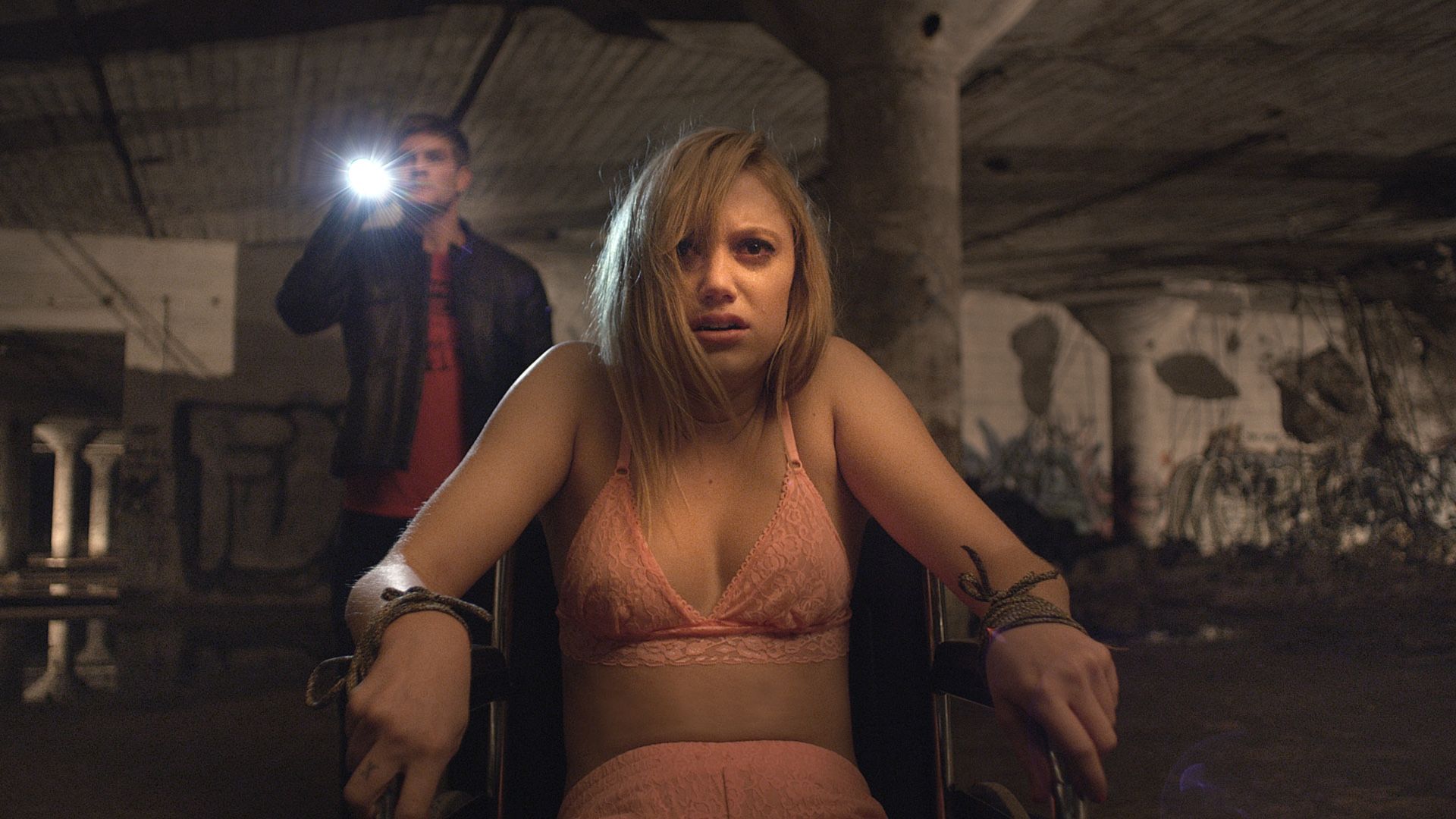



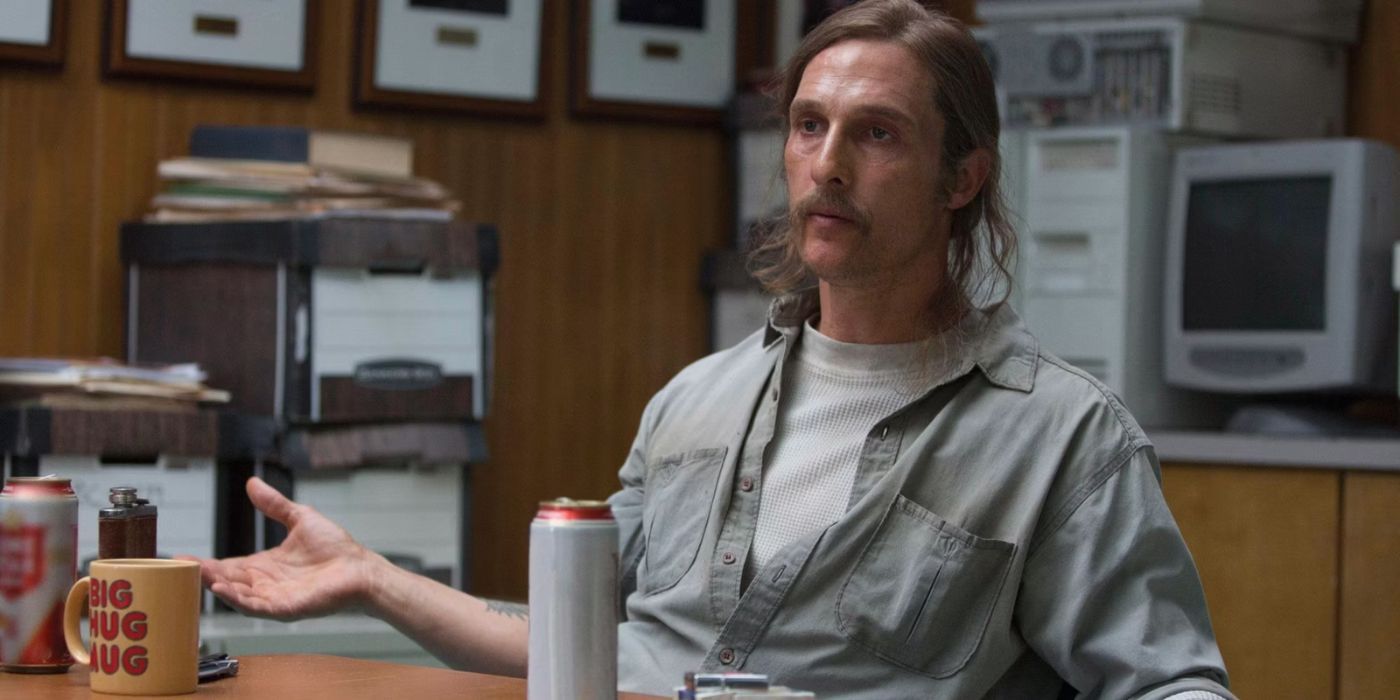



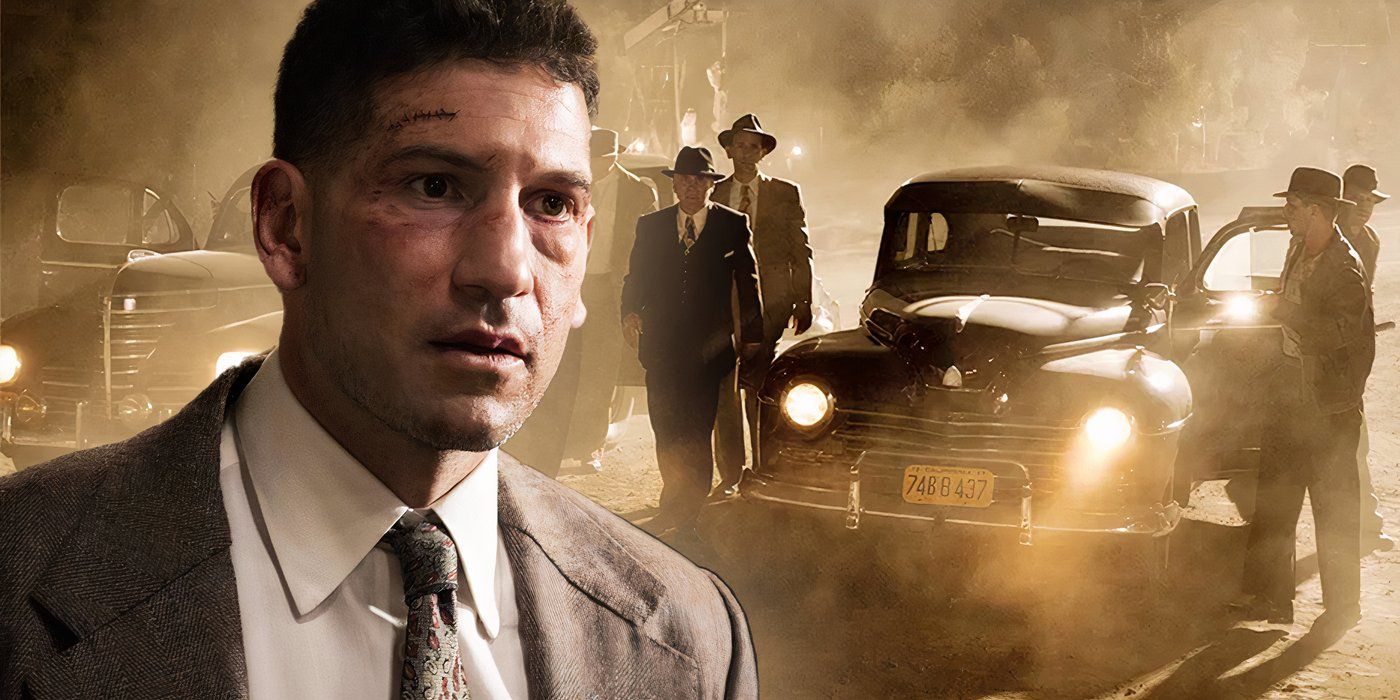

![Is Corey Feldman Done Acting? [Exclusive] Is Corey Feldman Done Acting? [Exclusive]](https://celebrityfanfare.com/wp-content/uploads/2021/07/Corey-Feldman-Retired-From-Acting-203x150.jpg)

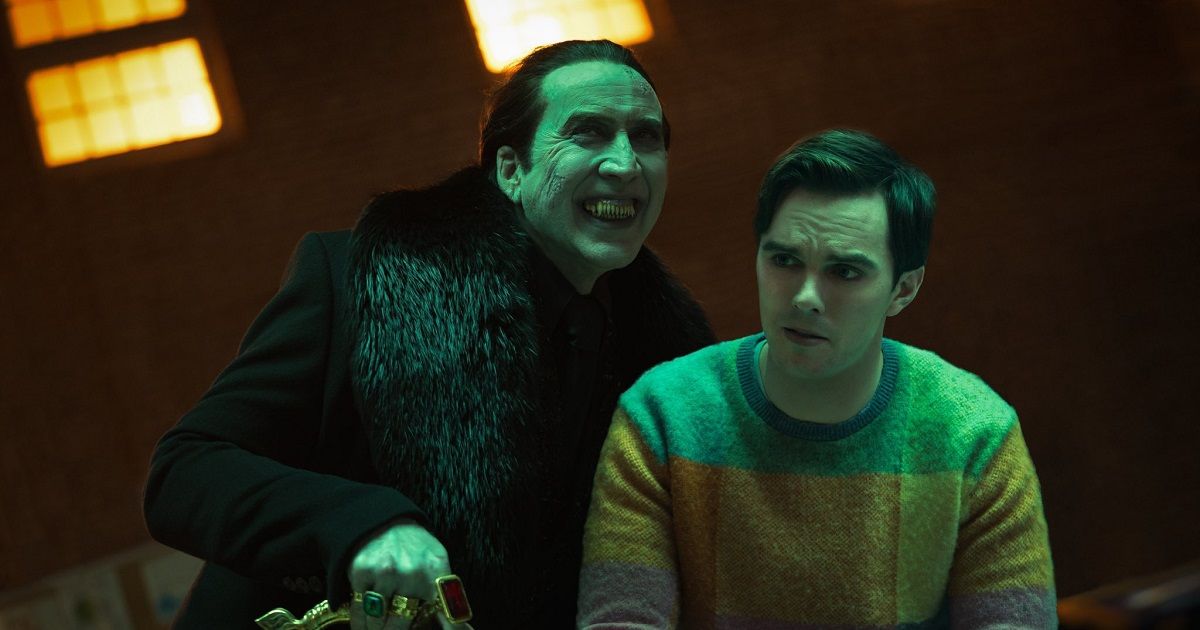


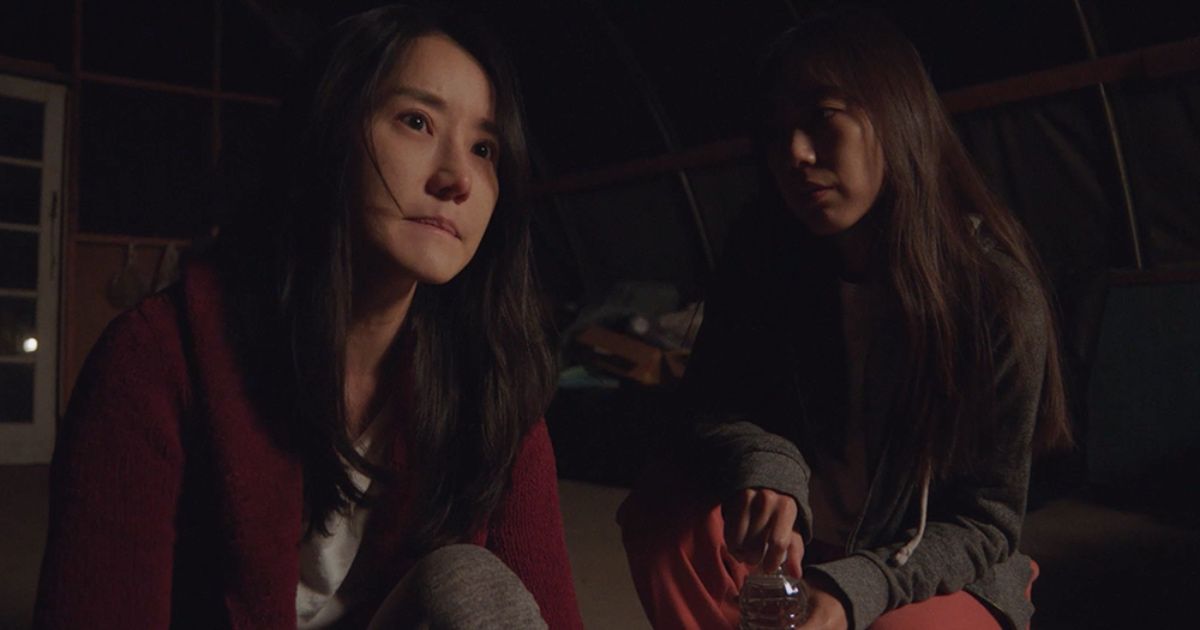

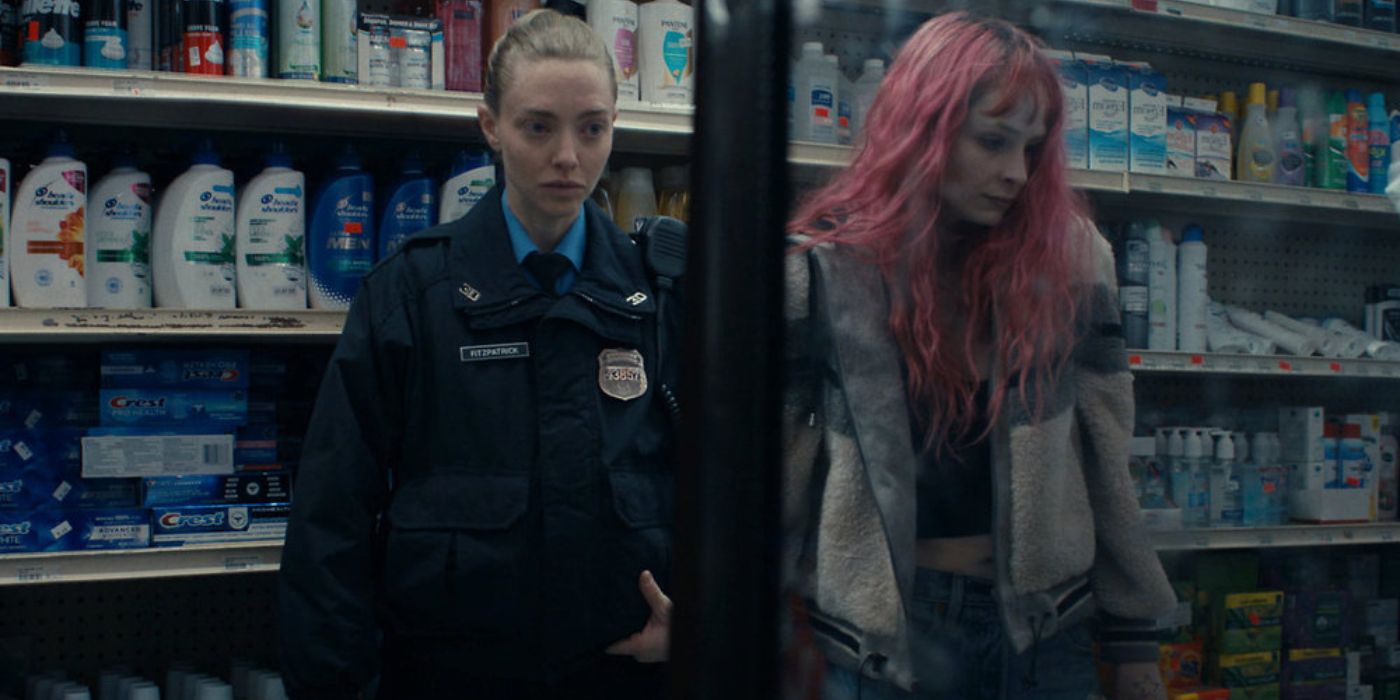





:quality(85):upscale()/2025/03/13/705/n/1922564/18fa347067d3001e6b0d50.77533101_.png)

:quality(85):upscale()/2025/03/12/900/n/1922564/ae21a1a167d1f08278bdd5.84728850_.png)
